Thinking about buying an electric car but worried about how much it’ll be worth in a few years? You’re not alone. Resale value, or depreciation, is one of the most significant factors people consider when deciding to go electric.
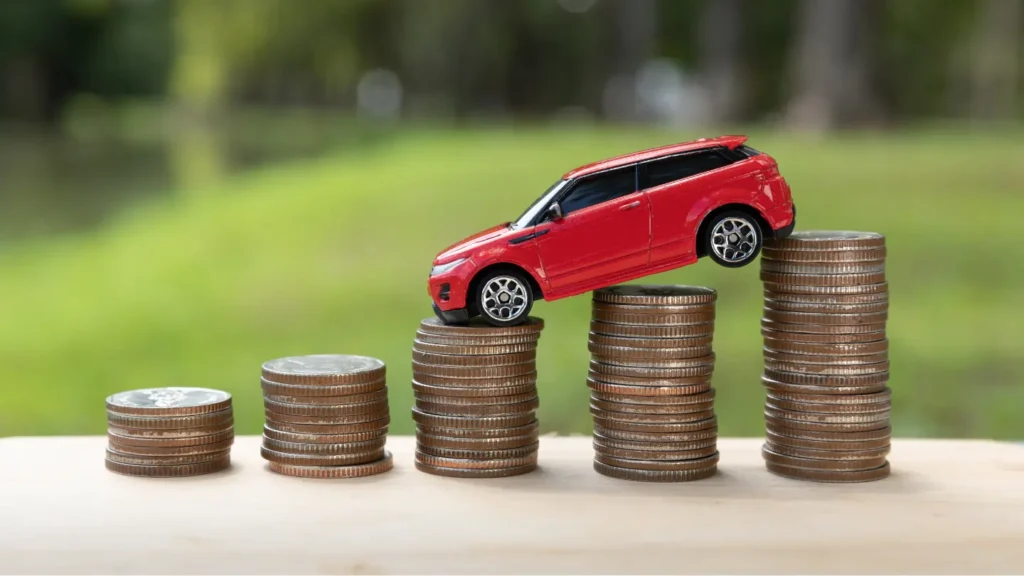
So, how do EVs hold up as used cars compared with petrol, diesel, and hybrids in Australia? The answer: it’s complicated. Let’s break it down.
Why do cars lose value in the first place?
Every car loses value the moment you drive it out of the dealership. The biggest hit usually comes in the first year, thanks to costs that don’t carry into the used market (dealer delivery, luxury car tax, and new-car premiums).
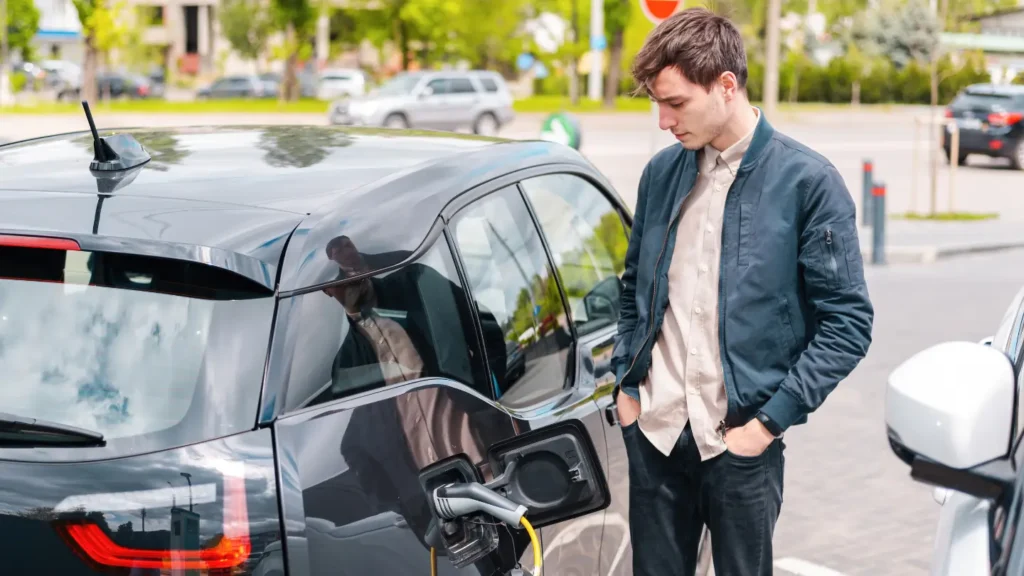
From there, resale depends on supply and demand. Popular models like the Toyota RAV4 or Ford Ranger don’t lose value as quickly as some of their rivals because demand for these models in the used car market is strong. Meanwhile, niche or less reliable cars tend to depreciate more quickly.
What is EV depreciation?
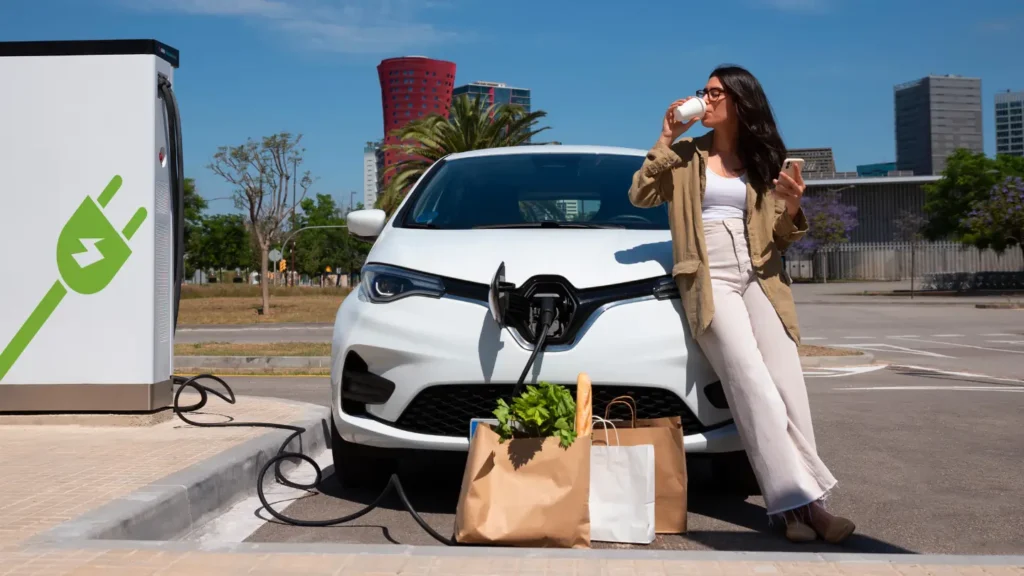
Fresh data from AutoGrab’s 2024 Automotive Insight Report paints a clear picture with regards to the EV used car market in Australia:
- 1-year-old EVs lost 25% of their value in 2024.
- After two years: 68.7% retained value.
- After three years: 60.3% retained value.
That means if you bought a $60,000 EV, it could be worth closer to $36,000 after three years. By contrast, hybrids told a completely different story:
- 1-year-old hybrids held 98.3% of their value.
- After three years: 92.4% retained value.
And it’s not just the loss of money, EVs also take longer to sell, sitting on the market for 55–87 days, compared with hybrids that can shift in as little as 45 days.
Why do EVs lose their value faster?
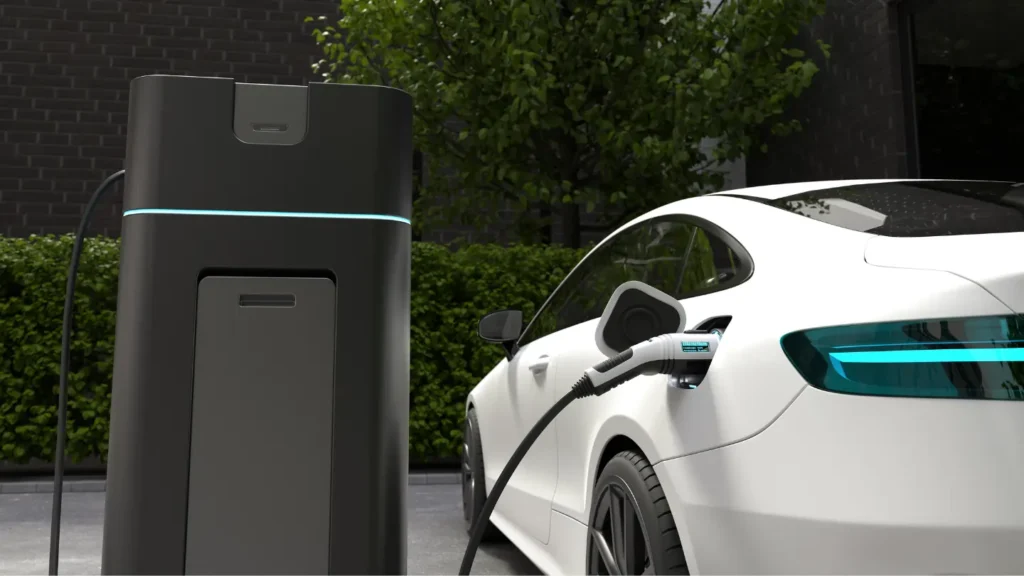
There are several factors dragging used EV values down:
- Consumer caution – Many buyers still worry about battery health which directly affects the range per charge, even though most EVs now come with 8-year warranties.
- Battery tech moves fast – Newer models with longer range make older EVs look outdated within a couple of years.
- Brand discounting – Aggressive price cuts (especially from Tesla and Chinese brands) reduce used values overnight.
- High upfront prices – Most EVs come at a premium compared to their ICE counterparts. Even if depreciation is similar in percentage terms, EV buyers often lose more dollars simply because they paid more to begin with.
What are the market trends for used EVs?
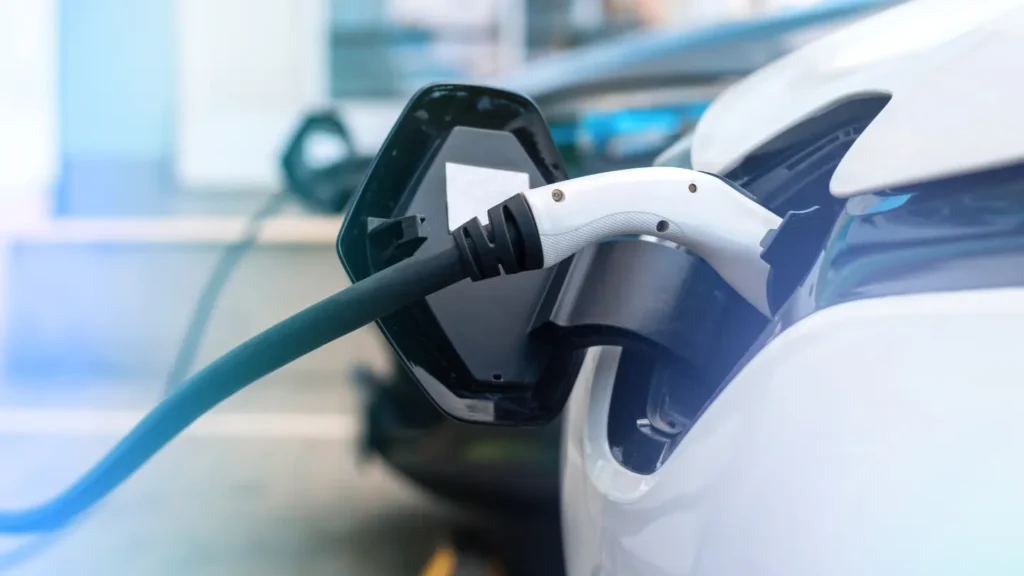
The used EV market is growing rapidly, sales jumped 75.6% in 2024 but EVs still made up less than 1% of all used cars sold in Australia. By comparison, hybrids accounted for nearly 4% of sales, and petrol/diesel still dominate.
That tiny share means EV resale values are more vulnerable to shifts in supply and buyer sentiment.
Where do EVs hold their value better?
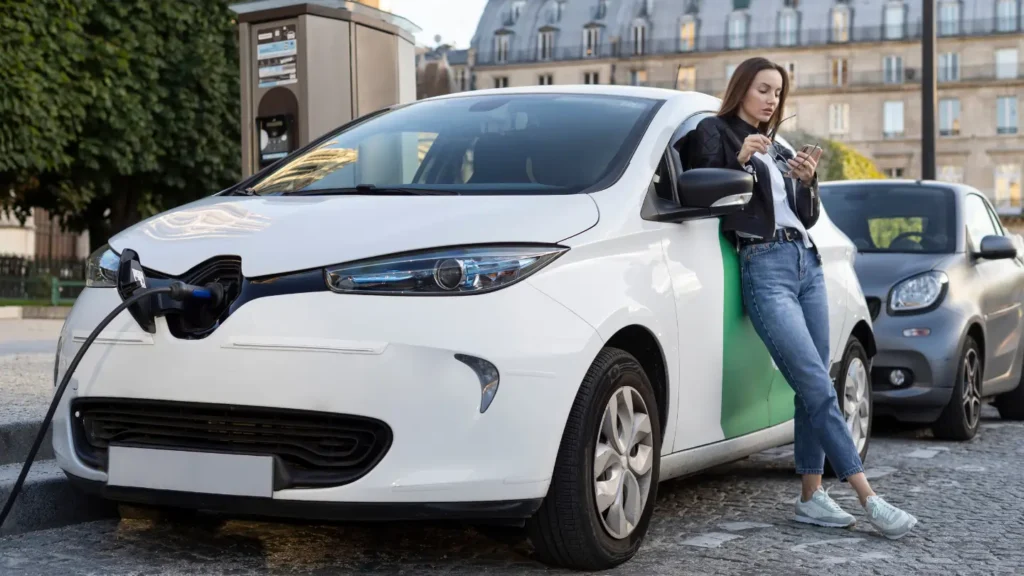
It’s not all bad news. Some EVs are performing better than most on the used market:
- Affordable models like the MG4 and BYD Atto 3 are holding their value reasonably well thanks to strong demand.
- Older Hyundai Ioniq EVs have depreciated less in percentage terms than their petrol equivalents.
- Teslas, despite global sales fluctuations, still sell faster than many EV rivals.
But luxury EVs over $100,000 tend to lose the most value from new, sometimes halving in value within five years.
Tips for buyers worried about EV resale value
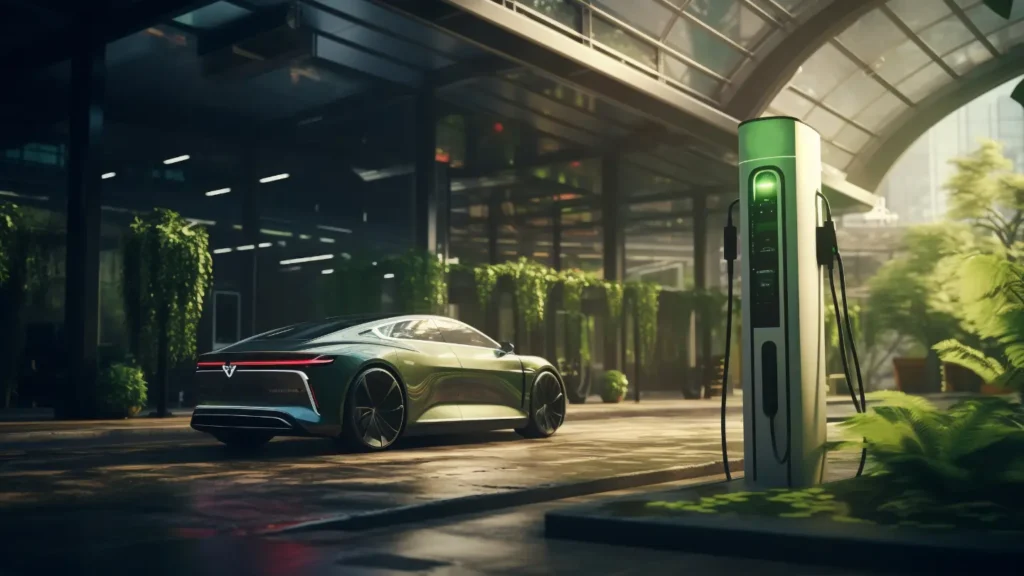
- Stick to popular models – More demand means stronger resale.
- Check battery health – Transparency helps when it’s time to sell.
- Think total ownership cost – Even if resale is lower, savings on fuel and servicing can make up the difference.
- Avoid overspending on luxury EVs – Affordable electric car models tend to hold value better.
- Factor in incentives – Rebates and tax exemptions can offset early depreciation.
The bottom line
Right now, EVs don’t hold their value as well as petrol or hybrids, especially at the luxury end. But the story isn’t all negative: demand is growing, affordable models are holding steady, and history suggests depreciation will improve as the market matures and EVs account for a larger share of the used car market overall.
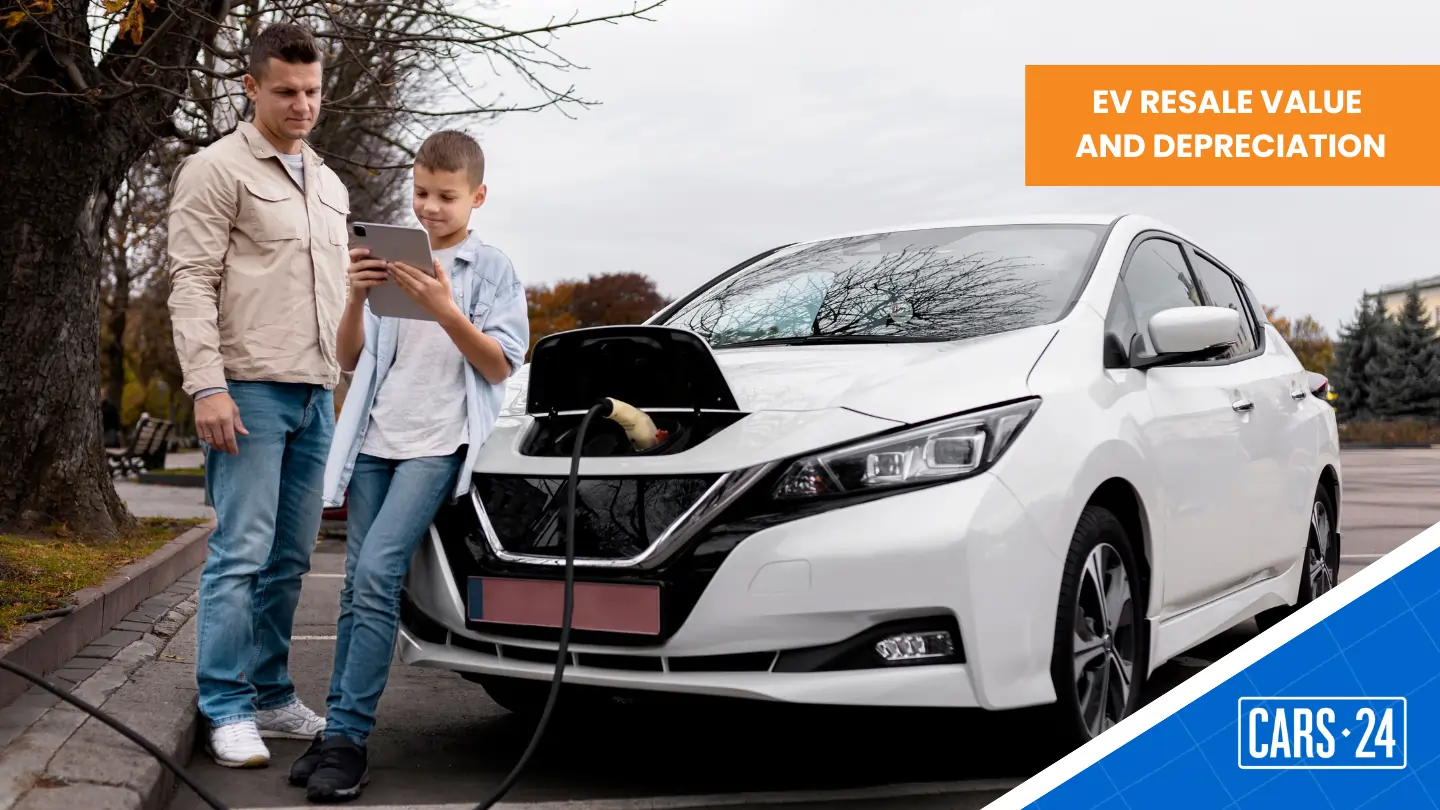
Comments
New Comment